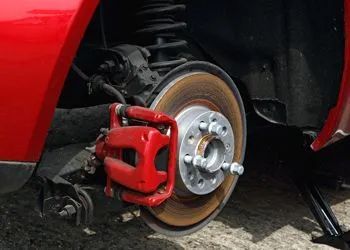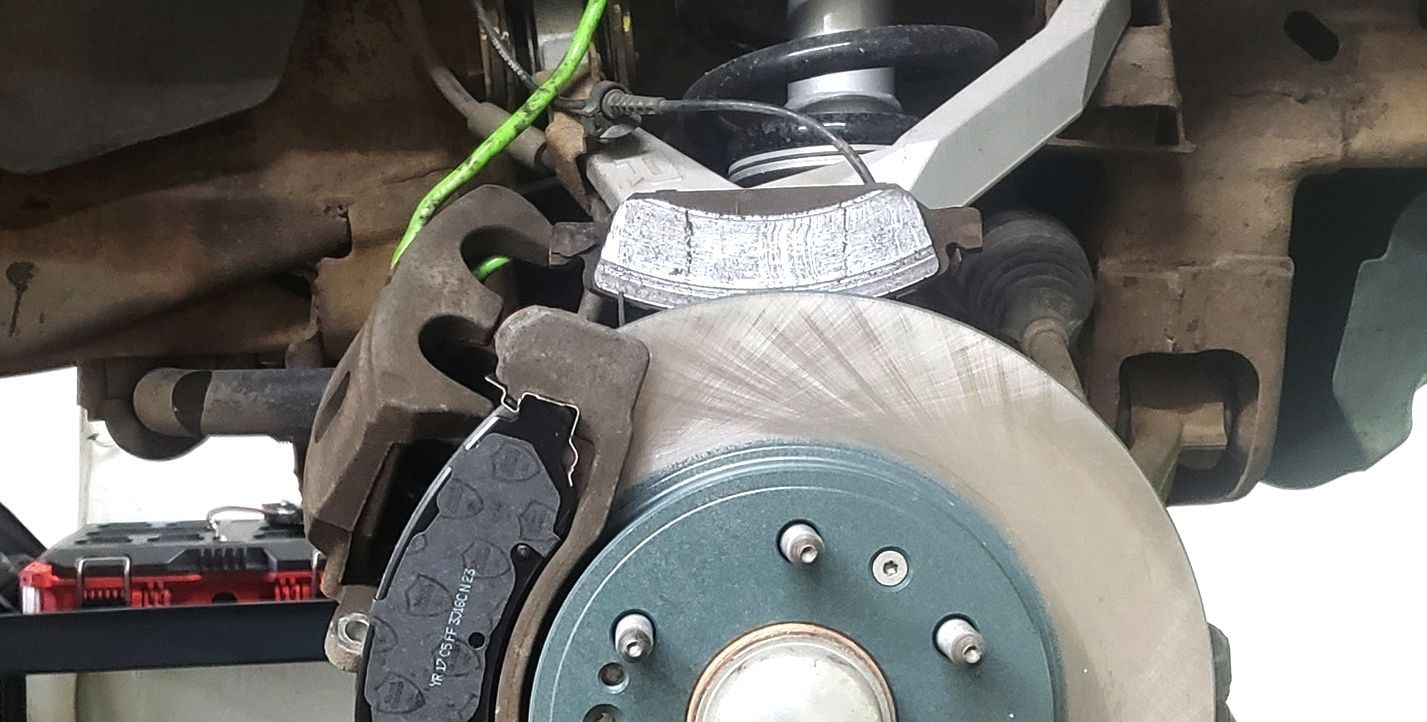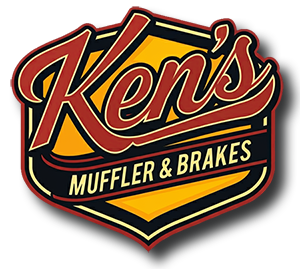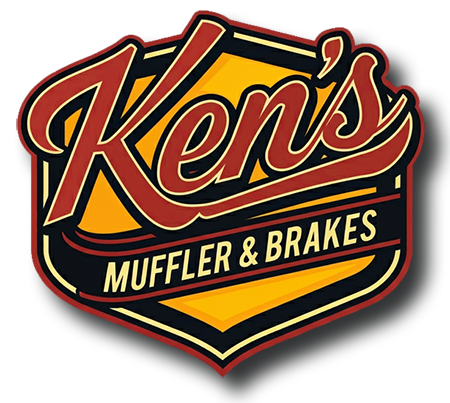What are some simple ways to help keep my brakes healthy & safe?

Brakes are among the most critical safety components on your vehicle. When they’re in top condition, you can drive with confidence knowing you’ll be able to stop when it matters most. On the other hand, neglected brakes can become a major hazard and lead to costly repairs. The good news is that with a little preventive care and attention, you can help keep your brakes performing reliably for years to come. At Ken’s Muffler & Brakes, we provide expert brake service in the greater Dallas area. Here are four tips for healthy brakes.
Get Regular Brake Inspections
Having your brakes checked regularly is the first step in keeping them dependable. During an inspection, a mechanic can look for worn pads, thin rotors, or leaks in the brake lines. Routine inspections often reveal small problems before they escalate into dangerous or expensive issues. It’s generally recommended to have your brakes looked at at least once a year, or sooner if you notice anything unusual.
Replace Worn Brake Pads on Time
Brake pads are designed to wear out over time, but waiting too long to replace them can create bigger problems. Once pads become too thin, they can cause rotor damage that requires more extensive repairs. If you hear squealing or grinding noises when braking, it’s a strong sign your pads are due for replacement.
Keep an Eye on Brake Fluid
Brake fluid plays an essential role in the braking process, helping transmit pressure from the pedal to the brakes themselves. Over time, this fluid can absorb moisture, which reduces its effectiveness and may lead to corrosion in the brake lines. Checking your brake fluid level and condition periodically, and having it flushed as recommended in your vehicle’s manual, helps maintain strong and responsive braking power.
Address Problems Right Away
Strange sounds, vibrations, or a spongy feeling when pressing the brake pedal are all warning signs that something isn’t right. Ignoring these symptoms can compromise your safety and lead to more serious mechanical issues. As soon as you notice unusual behavior from your brakes, schedule a professional inspection. Prompt attention keeps your vehicle safe and prevents small problems from becoming major repairs.
Brake Service in Dallas, TX
For brake service in Dallas, TX and the surrounding area, contact
Ken’s Muffler & Brakes at
214-308-2320. Feel free to give us a call to make an appointment!





